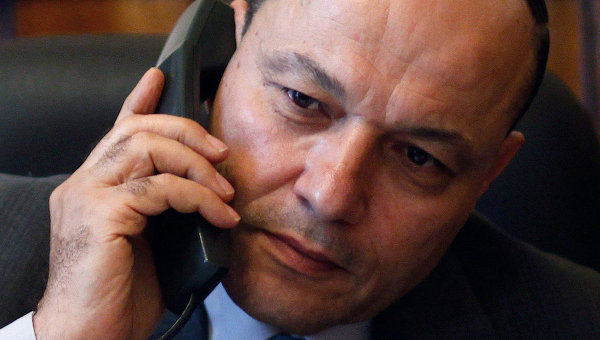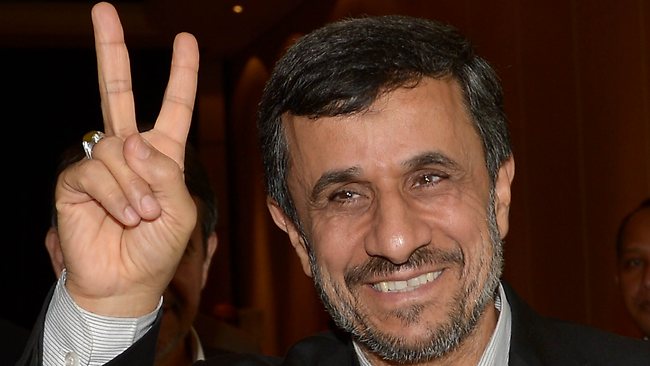By AFP
KHARTOUM: One a northern Arab career soldier and devout Muslim shunned by the West, the other a former southern rebel commander and committed Roman Catholic, Sudan’s two leaders Omar Al-Bashir and Salva Kiir personify north-south divisions.
Bashir, brought to power in an Islamist-backed military coup in 1989 and re-elected president in April 2010, and Kiir, who has led the south since the death of veteran SPLM leader John Garang in 2005, were enemies during the devastating 22-year civil war between the north and the south.
Prior to being confirmed as president of the south in elections last April, Kiir made no secret of his ambition to lead the region to independence in the referendum due to take place on Sunday, breaking with Garang’s longstanding campaign for a new, federal and democratic Sudan.
Kiir took over from the charismatic leader with whom he co-founded the Sudan People’s Liberation Movement in 1983, after Garang was killed in a mysterious helicopter crash in Uganda shortly after signing the comprehensive peace agreement.
Kiir has failed to shake off the shadow of his predecessor, whose legacy is honored by both southerners and northerners.
But his rebel background and strong belief in southern independence did not prevent Kiir from becoming Sudan’s vice-president and working for six years alongside Bashir in the government of national unity.
For despite being separated by religion, ethnicity, language and culture, and the devastating civil war they fought, north and south Sudan are neighbours who have managed to overcome their differences in the past and must do so again if either is to prosper.
Sudan’s longest-serving head of state, Bashir, 67, is an Islamic patriot and a pragmatist, from the influential Arab Jaaliyin tribe, who always performs a traditional dance before speaking in public, while waving his trademark cane in the air.
He has had a turbulent relationship with the West and has appeared increasingly isolated since the International Criminal Court indicted him in 2009 for alleged war crimes in Darfur, a conflict estimated by the United Nations to have killed up to 300,000 people.
In July last year the judges added genocide to the charges after the court’s dogged prosecutor Luis Moreno-Ocampo made the case that Bashir has acted to destroy three Darfuri tribes during the war which erupted in 2003.
In November, Sudan boycotted a two-day Africa-EU summit Libya in retaliation for the exclusion of Bashir, who has yet to secure a comprehensive peace agreement with all Darfur rebel groups.
If the south secedes, as observers are widely predicting, Bashir will face an uncertain political future.
By contrast, Western leaders traveling to Juba have been lining up to visit Kiir, as the likely head of Africa’s newest state.
With his cowboy hat and thick charcoal beard, the towering 60-year-old from Warrap state, near the contested border oil district of Abyei, belongs to the Dinka tribe, south Sudan’s largest ethnic group, and preaches at mass every Sunday in the main cathedral in Juba.
A career military man who joined a southern rebel group fighting the Sudanese government at the age of 17, Kiir is more comfortable speaking in Juba Arabic dialect than in English.
If he achieves his ambition of independence for the south, he will take over a territory that holds most of Sudan’s oil reserves.
But Kiir faces the daunting task of building a country that still lacks basic infrastructure and is struggling to reintegrate those displaced by a war that killed two million people.


